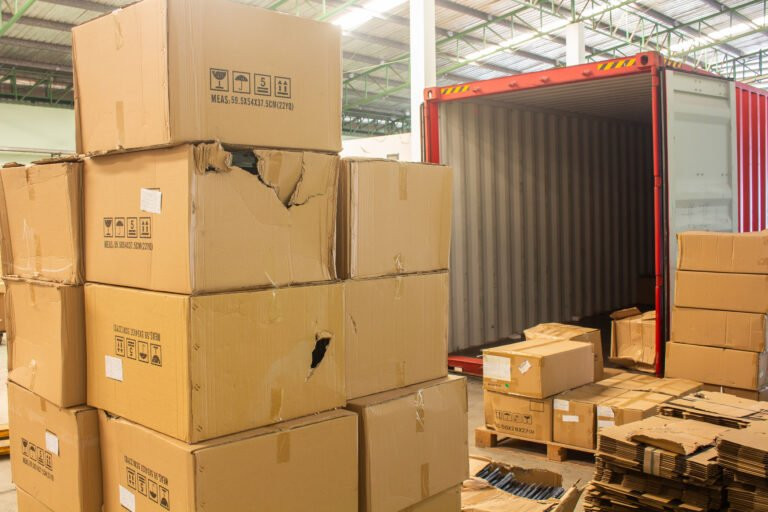Even with the best equipment and careful handling, cargo damage can still occur—it’s an unfortunate reality in transportation. However, when damage does happen, it’s crucial to resolve claims quickly and accurately to maintain client trust. A swift resolution saves time, reduces costs, and strengthens relationships between forwarders, handlers, and airlines. But imagine if we could prevent the damage from happening in the first place.
This is where Amsterdam-based CargoHub comes in. Specialising in digital, web-based solutions for the air cargo industry, CargoHub offers tools like RFS Control Tower, ULD Control, Cargo Claims, and more.
Smarter way
Raoul Paul, the founder and CEO of CargoHub, explains how their approach is changing the game:
“In the past, when cargo was damaged, the process of reporting it was tedious. Reports were often created in Word or Excel, with photos added later. The whole process happened at a remote office, far from where the damage actually occurred. Then, finding the right email addresses for airline representatives could be a hassle, especially if contacts had changed. Speedy communication is key, so informing the airline immediately is essential.
“The CargoHub CCLP app is a huge improvement over this outdated method. With the app, all data and photos are organised digitally in one place, right at the site of the damage. The digital form assesses financial risks for both the handler and airline and suggests recovery actions, root causes, and corrective measures. Plus, all data is available in KPI loss prevention management insights.”
Swift communication
The CCLP app aims to enhance communication between handlers and airlines, ensuring that damage reports are sent to the right people without delay. Both the origin and destination stations can be notified simultaneously, along with the airline’s claims or customer service representatives. This streamlined communication contributes to better cargo handling and has proven its value in preventing losses.
Loss prevention programme
Digitally collecting and analysing data from previous incidents, the emerging pattern helps airlines and handlers to anticipate and prevent future damage. For example, recurring issues like missing items, thefts from warehouses, or damage from improper forklift use can be addressed proactively. In some cases, better staff training might be needed to prevent these incidents.
Ground handlers play a crucial role in the logistics and transportation industry, managing the movement, storage, and documentation of cargo at airports and other transportation hubs. They face unique challenges in ensuring cargo safety and security. Implementing a strong cargo loss prevention programme offers numerous benefits, such as improving operational efficiency, financial performance, and reputation.
This streamlines cargo handling processes, reducing disruptions caused by cargo loss or damage. Efficient handling and accurate tracking lead to on-time deliveries and fewer delays, which means less wasted time, lower operating costs, and, most importantly, happier customers.
Dual benefits
Ground handlers can be held liable for damaged or lost cargo, which can result in costly claims and higher insurance premiums. By preventing these incidents, handlers can save money on lost goods and reduce their insurance costs. Furthermore, sharing the root causes of damage and preventive actions fosters a culture of awareness and responsibility among employees. Well-informed and engaged staff are more likely to follow best practices, which enhances the overall quality of cargo handling.
Risk management
Ground handlers face various risks, from natural disasters to operational mishaps. A loss prevention programme that includes risk assessment and contingency planning helps mitigate these risks.
Being prepared for potential disruptions ensures business continuity and reduces the impact of unforeseen events. By building accurate historical data into the system, the likelihood of future losses and damage is greatly reduced, improving the handler’s reputation.
“At CargoHub, our goal is to standardise the damage reporting process across the air cargo industry. That’s why we offer our CCLP loss prevention programme and mobile app for handlers in both free and paid subscription models. CargoHub is leading the way, making it accessible to all,” Paul concluded.



